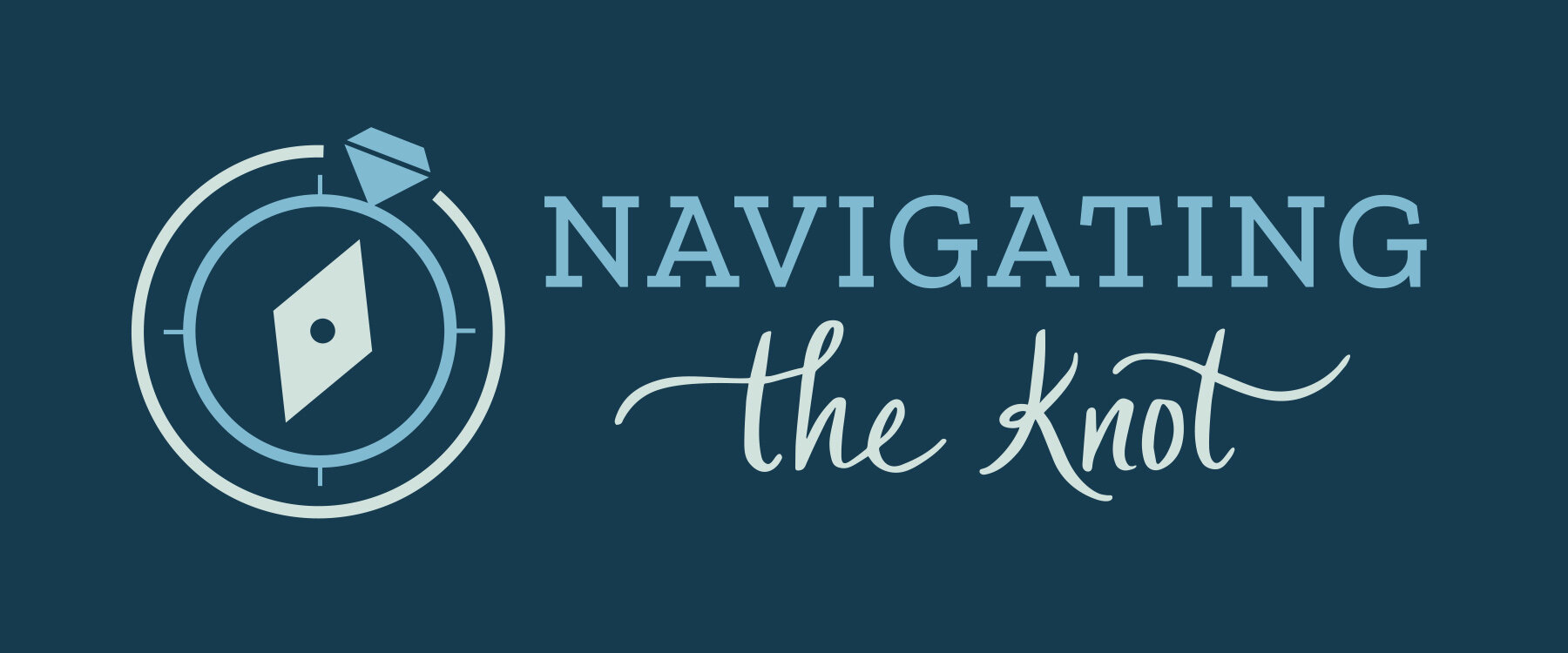How to Surmount One of the Biggest Barriers to Making Positive Changes
“The first step to change is accepting your reality right now.”
Do you have the general tendency to avoid learning, knowing, or seeking-out the “numbers” in any area of your life (i.e., the metrics and measurements that represent your reality at present)?
It’s fairly common for us to put our heads in the sand and skim over certain aspects of our daily existence, especially when it comes to our current bill of health and the state of our finances. We all want to be healthy (both physically and financially), but we know that achieving health often takes conscious effort and tends to be more stressful and painful than enjoyable.
As a consequence, it can sometimes take a negative event transpiring - such as a health scare or a personal financial crisis of sorts - to ultimately pull our attention to these areas.
Let’s consider the topic of finances, for example. When’s the last time you sat down and reviewed your credit card statements as well as your bank account(s) and really noted how much money you’ve been spending and on what? When did you last look at how much you’re saving and investing and analyze how your habits and practices with respect to money align with your goals?
This can be an uncomfortable exercise to go through. We often prefer to just have a general sense for our financial situations and to operate from a place of denial as opposed to fully confronting the (sometimes brutal) reality of our circumstances.
A few years ago, while I was in the midst of my divorce, I realized how ignorant I’d grown with regard to my own spending habits and budgetary needs. So since then, I’ve made an effort to assess where I stand financially at least once every quarter. But prior to instituting that regular practice, I definitely felt some resistance to taking a hard look at it all.
It can be daunting to acknowledge where we really stand. It usually feels more comfortable to avoid or deny the reality of our circumstances than to face them. That’s especially the case because, once we’ve acknowledged our situation in its totality, things often don’t just end there; more typically, we find that we need to take further action to address any issues we uncover.
And this pattern of avoidance doesn’t solely apply to our financial situations. We can similarly face these feelings of resistance when it comes to assessing our own physical health.
For example, have you gotten any blood work done in the past few years to check your numbers and get a breakdown of your lipid profile, metabolic panel, etc.?
Most health insurance plans (even in today’s shitty insurance environment) cover the cost of these basic blood tests, and they can be a useful diagnostic tool for understanding any biomarkers for disease that you might have, how effectively your organs are functioning, and what nutrients or waste products can be found in your blood.
I recently decided that I wanted to get a better sense of my overall health. So I got my blood work done to learn my cholesterol levels and other pertinent lab results. And then separately, at a local gym, I also had a body composition analysis performed.
If you’re not familiar with what a body composition analysis entails, it basically measures what your body is made up of: the ratio of lean muscle mass to body fat, the percentage of water in your body, as well as your body mass index (BMI) and metabolic rate.
At first, when I was offered the chance to have my body composition analyzed (by my friend, who owns his own gym), my anxiety level spiked. Why? Because I knew it would mean (1) getting on a scale in front of someone I knew (which somehow seemed worse than sharing my weight with someone I didn’t know), and (2) learning my body fat percentage (yaaaay) - neither of which were terribly appealing ideas to me.
But I also saw it as a unique opportunity to learn more about myself. So I accepted the offer.
And to be honest, seeing those numbers - the printout of my results - and talking them over with my friend was an uncomfortable experience. Sometimes learning the reality of your situation can be humbling when that reality falls short of your expectations and assumptions.
I learned, for instance, that I weigh more at present than I ever have before in my life. (Granted, that’s because I’m more muscular than I’ve ever been before, and muscle is heavy, but it can still be difficult to see, accept, and rationalize a bigger number on the scale and a larger BMI than you’re used to seeing, regardless of the explanation).
The body comp results slightly altered how I thought of myself. Instead of simply considering myself to be a generally “fit” person, I now saw the metrics that I wanted to adjust in light of my goals.
And I feel that undergoing this perspective shift was a good thing. Because we can’t really make positive changes until we first know where we currently stand - until we’re no longer kidding or deluding ourselves as to the reality of our situations.
After I’d had a little time to contemplate my results, I actually grew excited. Because now I knew the baseline I had to work from. And now I could take conscious steps to improve, track my progress, and make adjustments as needed.
Given that one of my goals in 2018 is to run a half marathon faster than I ever have before - to secure a new PR, I realized I would likely need to drop some weight in order to hit that target (even if the weight I drop is muscle mass). So gaining a better understanding my current body metrics enabled me to put a plan in place to reach my goal.
--
In sum, learning your baseline, your current standing in a given part of your life, can be hard to swallow at first. Reality can be uncomfortable and difficult to face. But it also provides you with a base from which to work so you can start taking affirmative steps to make positive changes and improve.
And without knowing that baseline (even if it’s not a pretty one), how can we really expect to learn and grow? How can we make wise, informed decisions and set ourselves up for success?
As it’s been said that “the short term pain of accepting the truth is much better than the long term pain of believing an illusion.”
So here’s my request: In the upcoming year, let’s each make more of an effort to inform ourselves. Let’s work to be strong and face the realities of our current physical and financial health so we’re able to grow and level-up from there. Because if we’re able to surmount the barrier of willful ignorance in our lives, who knows what else we might be capable of accomplishing?
—
Kim West is the Founder of Navigating the Knot, a company she built to assist and empower clients on either end of marriage. Kim (JD, MBA) is a Consultant, Certified Coach, & Certified Divorce Specialist (CDS) who offers her services nationwide. To learn more, follow her on Facebook or Instagram.
To schedule a free consultation call with Kim, sign up here: https://calendly.com/navigatingtheknot/freeconsultation

